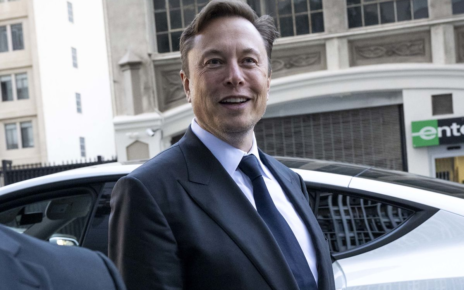Elon Musk threatened legal action against the Twitter account @Xceleron, which tracks the movements of Musk’s private jet. According to Musk, the account violated his privacy and was “stalking” him.
The @Xceleron account, which has over 9,000 followers, uses flight tracking software to follow the movements of Musk’s jet and posts updates on its location. This information is often used by journalists and researchers to track Musk’s movements and confirm his whereabouts.
Musk’s threat of legal action and the subsequent suspension of the @Xceleron account has raised concerns about privacy and freedom of speech. Many have argued that the tracking of public figures, including Musk, is a legitimate form of journalism and should not be considered stalking or a violation of privacy.
Others, however, have pointed out that Musk’s privacy should be respected and that the @Xceleron account went beyond the boundaries of acceptable journalism. They argue that the constant tracking of Musk’s jet and the sharing of its location on a public platform could potentially compromise his safety and that of those around him.
Regardless of one’s personal views on the matter, it is clear that this situation highlights the complex and often conflicting issues surrounding privacy and freedom of speech in the digital age. As technology continues to advance and social media becomes increasingly central to our lives, it is important to carefully consider the ethical implications of our actions and the potential consequences they may have.



